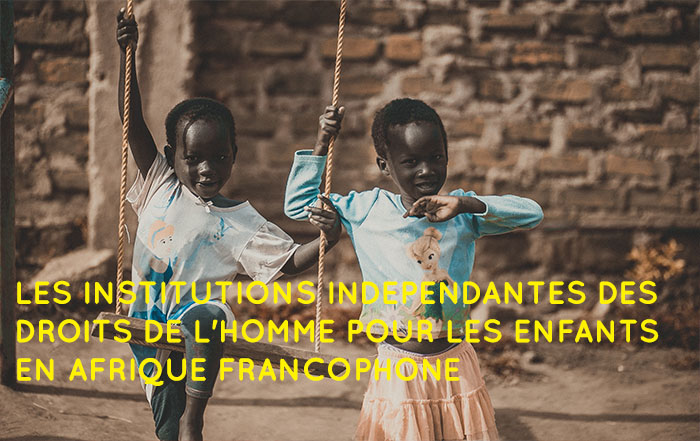Innocenti Working Paper
DESCRIPTION
Over the last two decades, progress in the development of independent human rights institutions for children has been remarkable. In 1989, there were far fewer than the more than 200 independent institutions that exist today in over 70 countries. Taking many forms – children’s ombudspersons, human rights commissions or children’s commissioners – they share the unique role of facilitating governance processes for children, and have emerged as important actors for the implementation of the Convention on the Rights of the Child. Their work remains little known, however, and their specification as both public and independent institutions is often difficult to grasp.
Independent institutions bring an explicit children’s
focus to traditionally adult-oriented governance
systems. Often offering direct mechanisms for greater accountability of the state and other duty bearers for children, they fill gaps in checks and balances and make sure that the impact of policy and practice on children’s rights is understood and recognized. They support remedy and reform when things have gone wrong or results are inadequate. Far from taking responsibility away from the plethora of often better-known institutions affecting children – schools, health services,
government departments, local authorities, private
sector actors and parents themselves – the work of independent institutions complements and strengthens their performance to realize the rights of all children.
customer
UNICEF
DATE
2012



